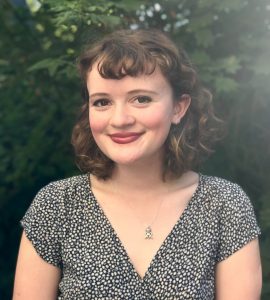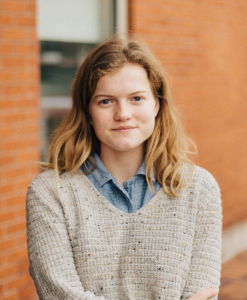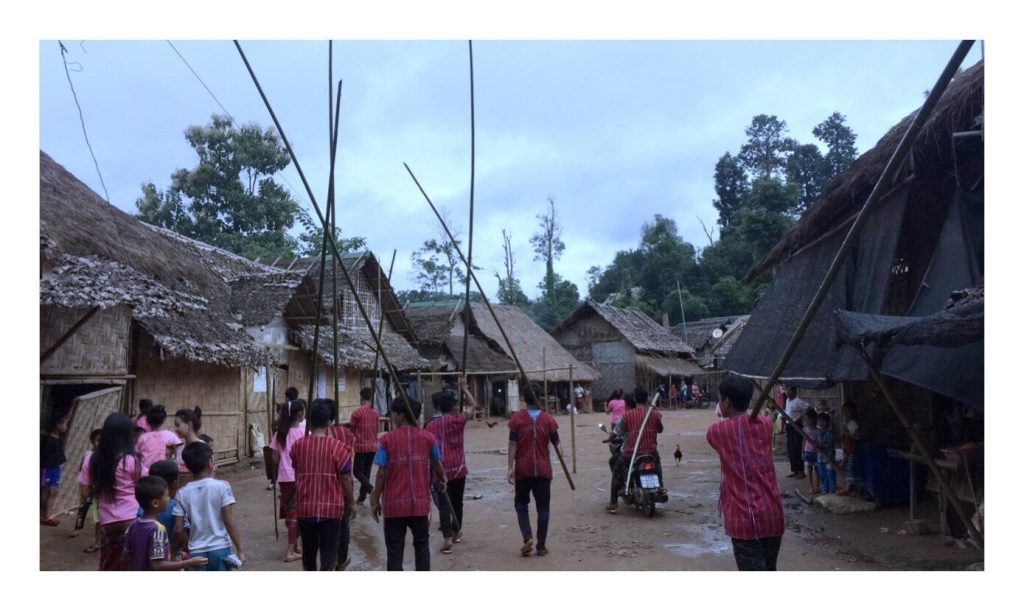January 27, 2020 – Today the U.S. Supreme Court voted 5-4 to allow the Trump administration to begin enforcing the proposed “public charge” rule, which will harm the communities and economies of every state in the nation. The rule sets an unprecedented high bar for demonstrating that applicants for lawful permanent residence (green cards) are not now and never will be dependent on public assistance and will have a chilling effect on immigrant families who are not even subject to the rule.
The final rule was published on August 14, 2019 by the Department of Homeland Security (DHS), but several lawsuits stopped the rule from going into effect until today. Now the public charge rule will be implemented while the lawsuits continue, even though the challenges may ultimately invalidate the rule.
“We are very disappointed by the U.S. Supreme Court’s ruling,” said Veena Iyer, executive director of the Immigrant Law Center of Minnesota. “This public charge rule is just one of the ways this administration is trying to shut the doors of the United States to everyone except the wealthy.”
The rule is unnecessary as a practical matter. Most immigrants subject to the public charge rule are not eligible for the covered benefits. Moreover, immigrants are less likely to use public benefit programs than native-born Americans, using 39 percent fewer welfare and entitlements benefits per person.
The real reason behind the rule is engendering fear. Naturalized U.S. citizens, lawful permanent residents, asylees, refugees, and immigrant victims of crime have already begun refusing benefits which are not covered by the public charge rule, for which they and their families are clearly eligible, and which are needed for the health and well-being of their families.
As immigrants and their families give up needed health care, food, and affordable housing benefits because of this rule, their health, well-being and economic stability are threatened. The impact will be felt not just by immigrants and their families, but also by all members of our communities.
“This rule does not apply to everyone, and it does not apply to all benefit programs,” said Iyer. “We urge any immigrants who are considering disenrolling themselves or their children from needed public benefits to consult an experienced immigration attorney. Do not give up benefits that your children and families need out of fear.”







